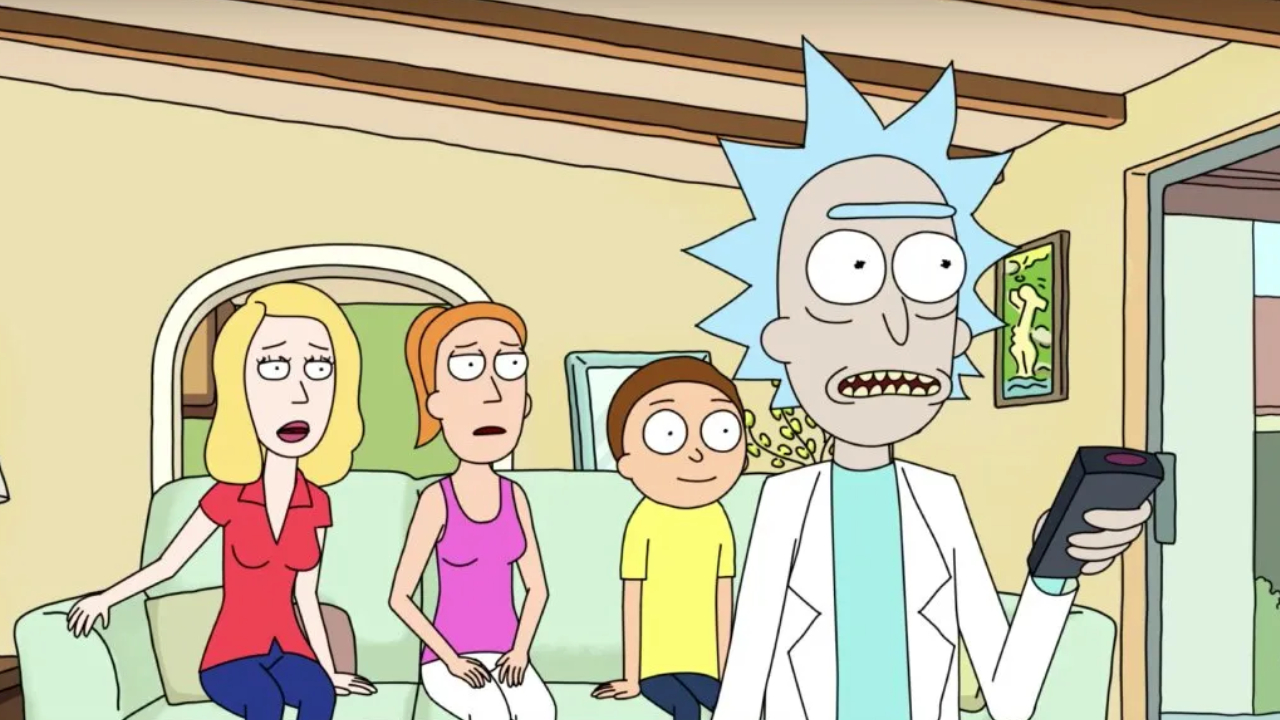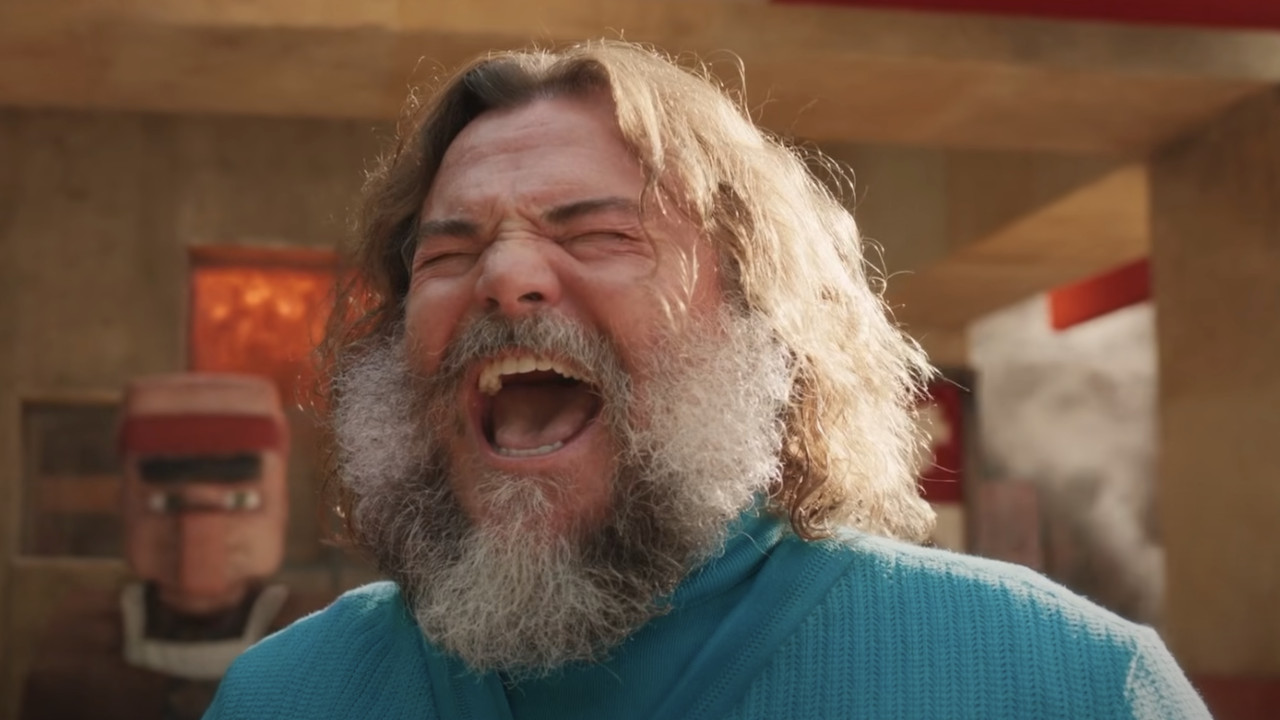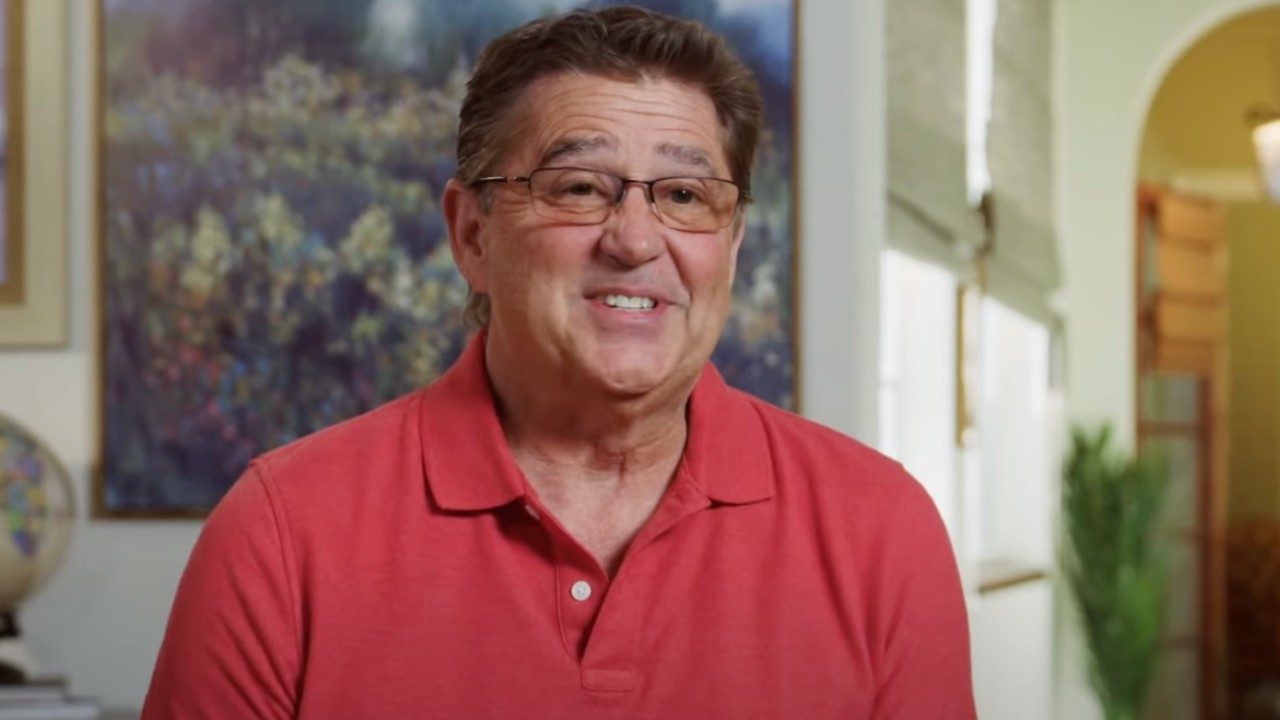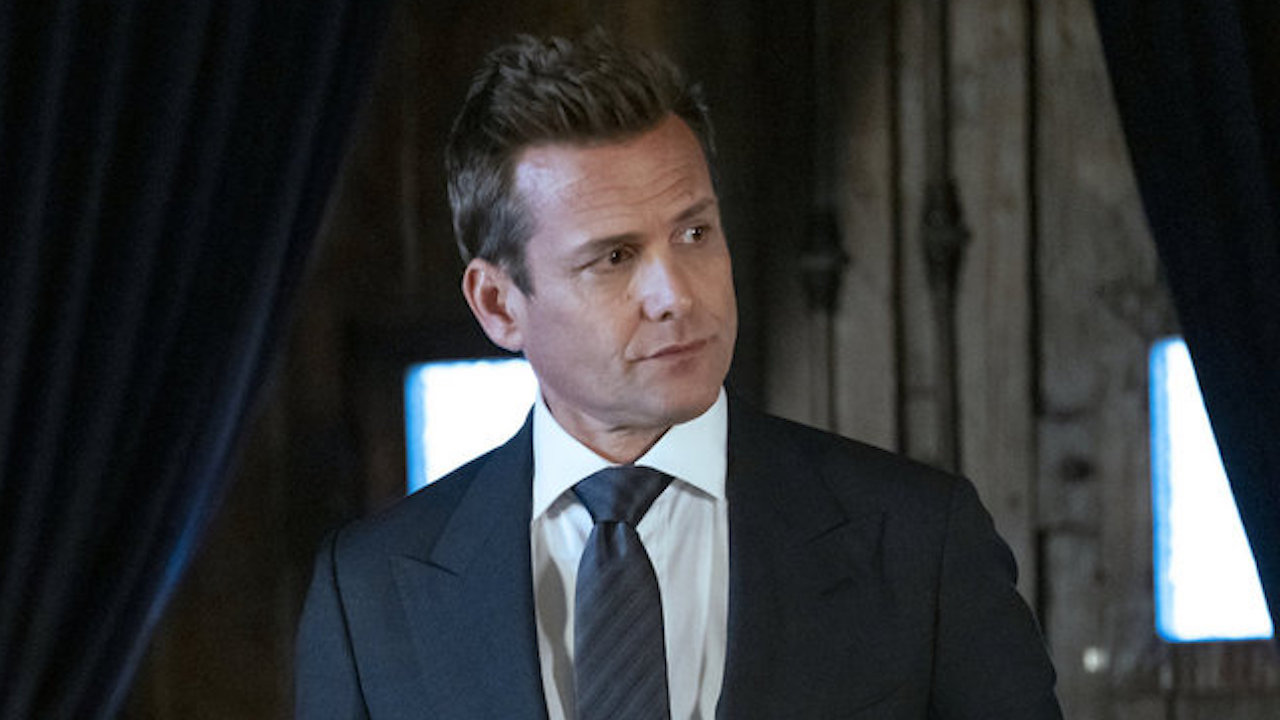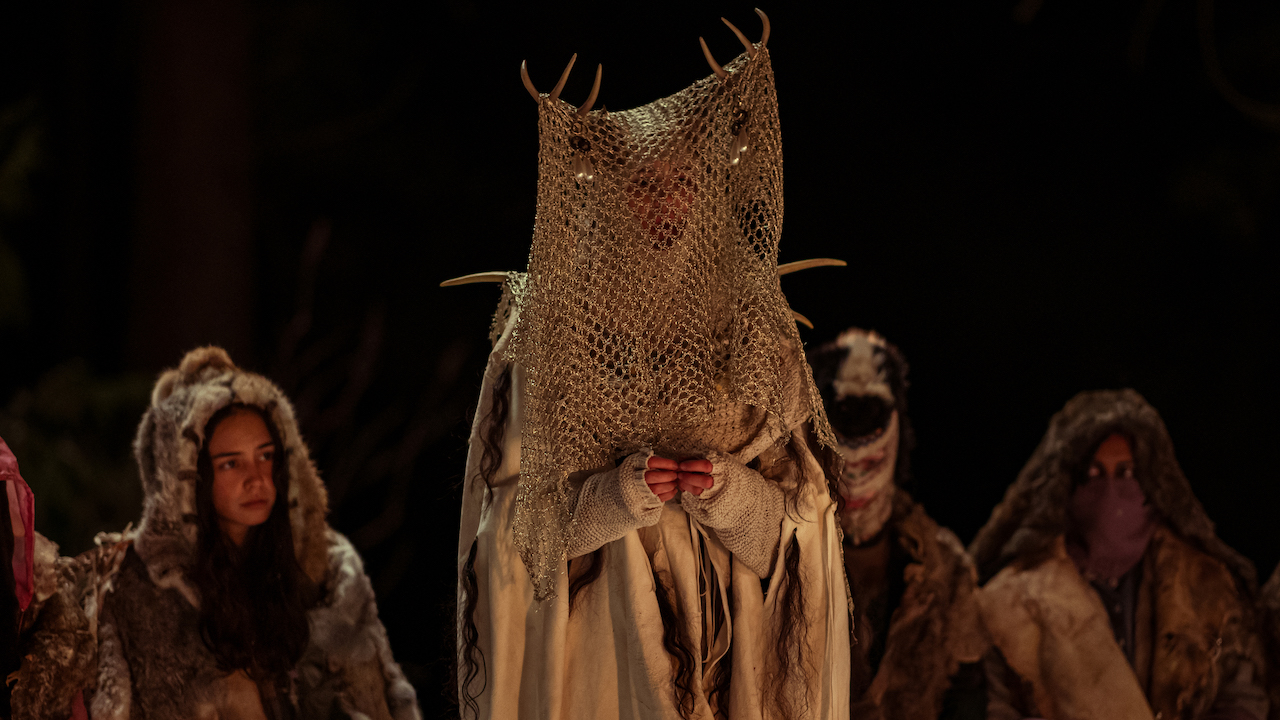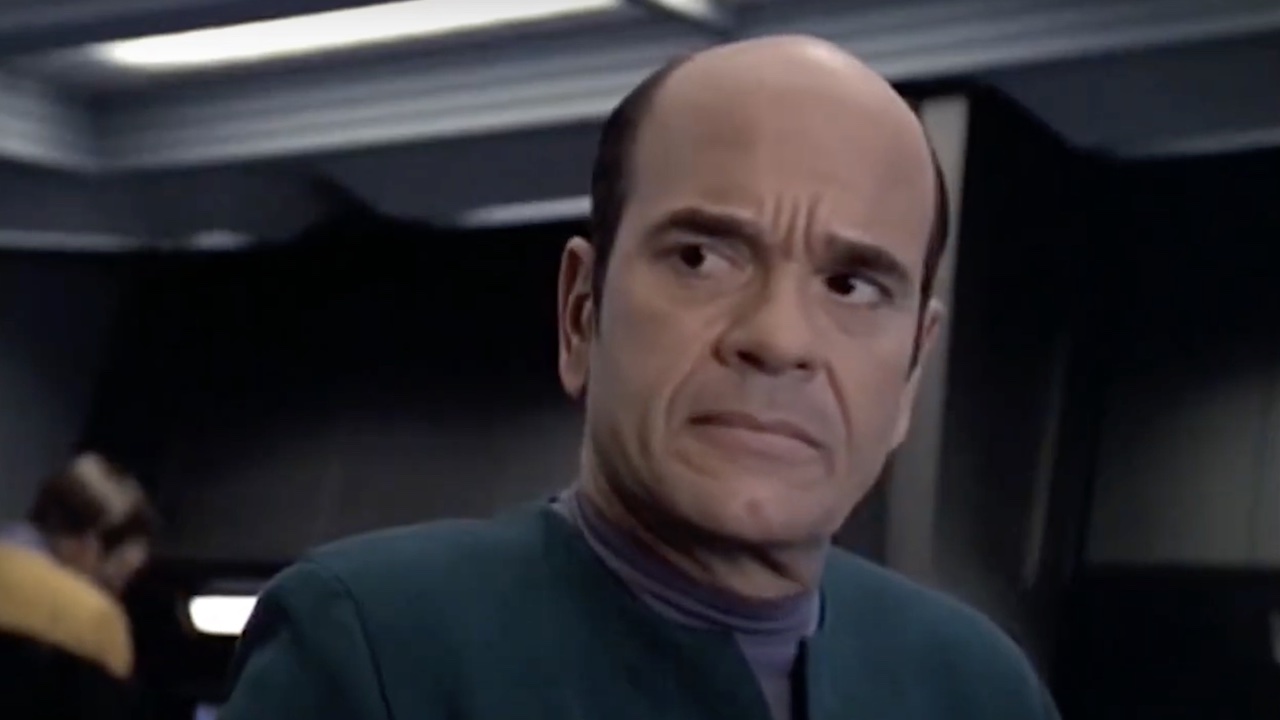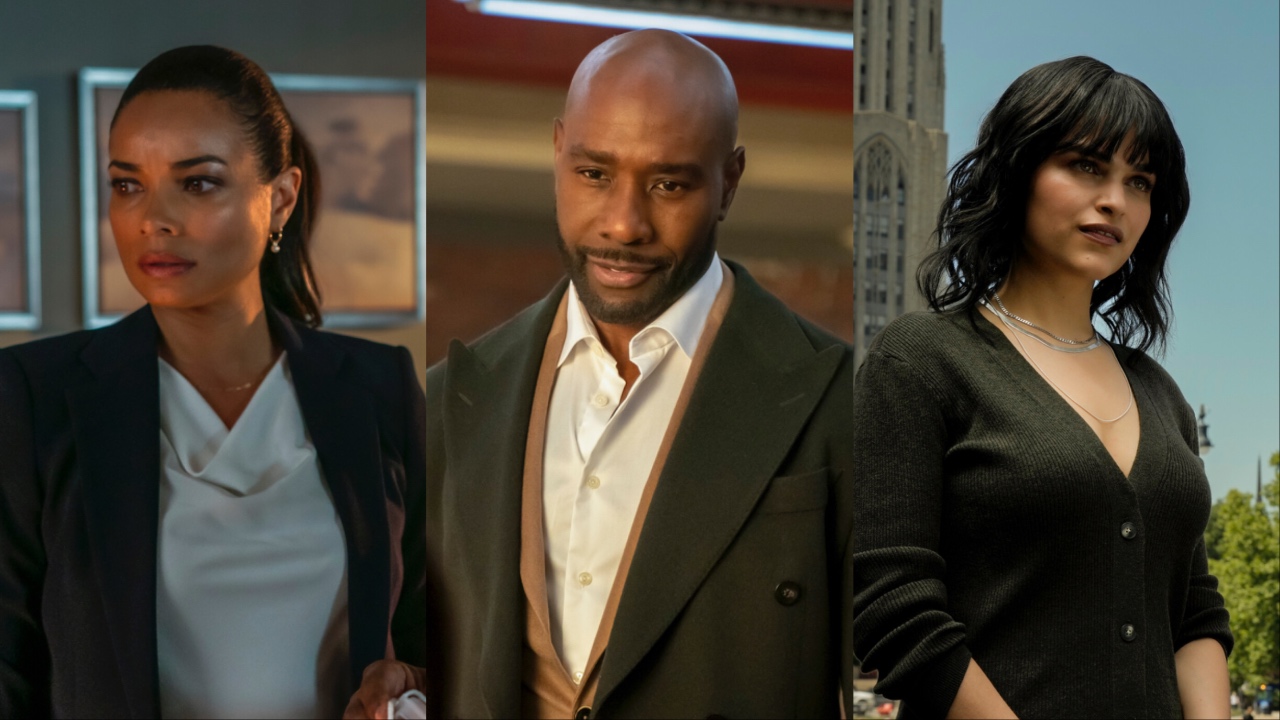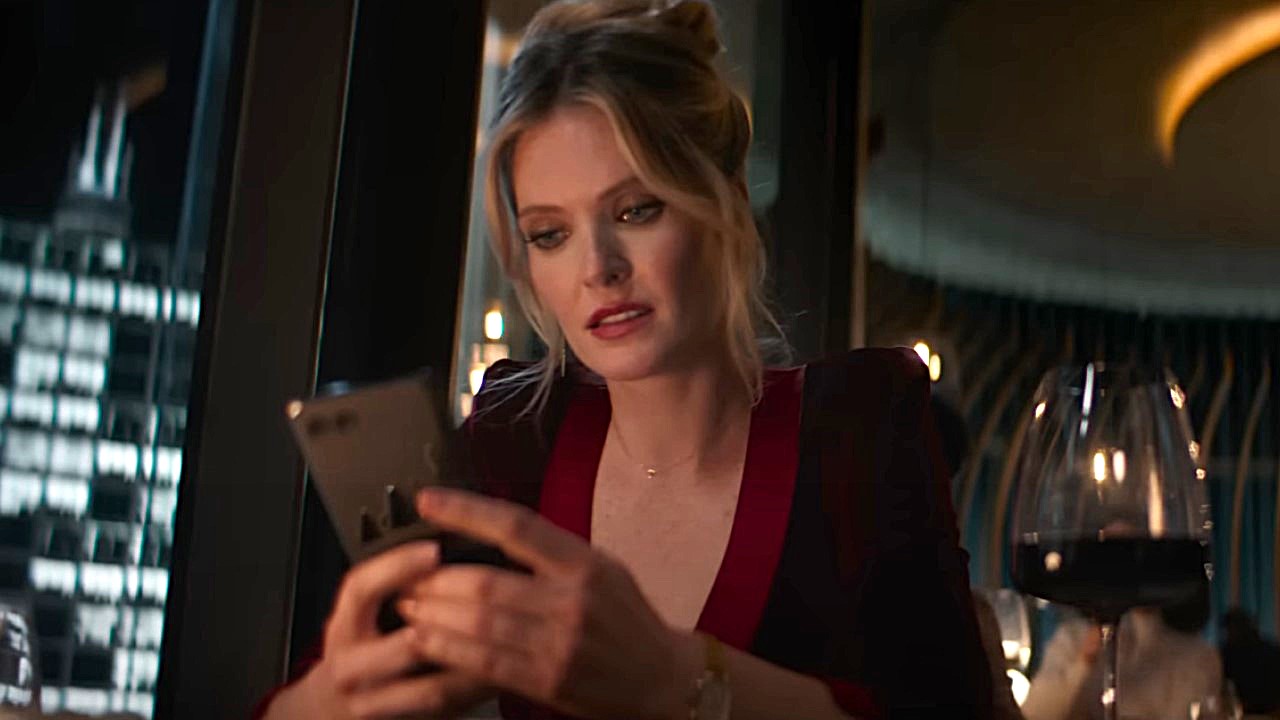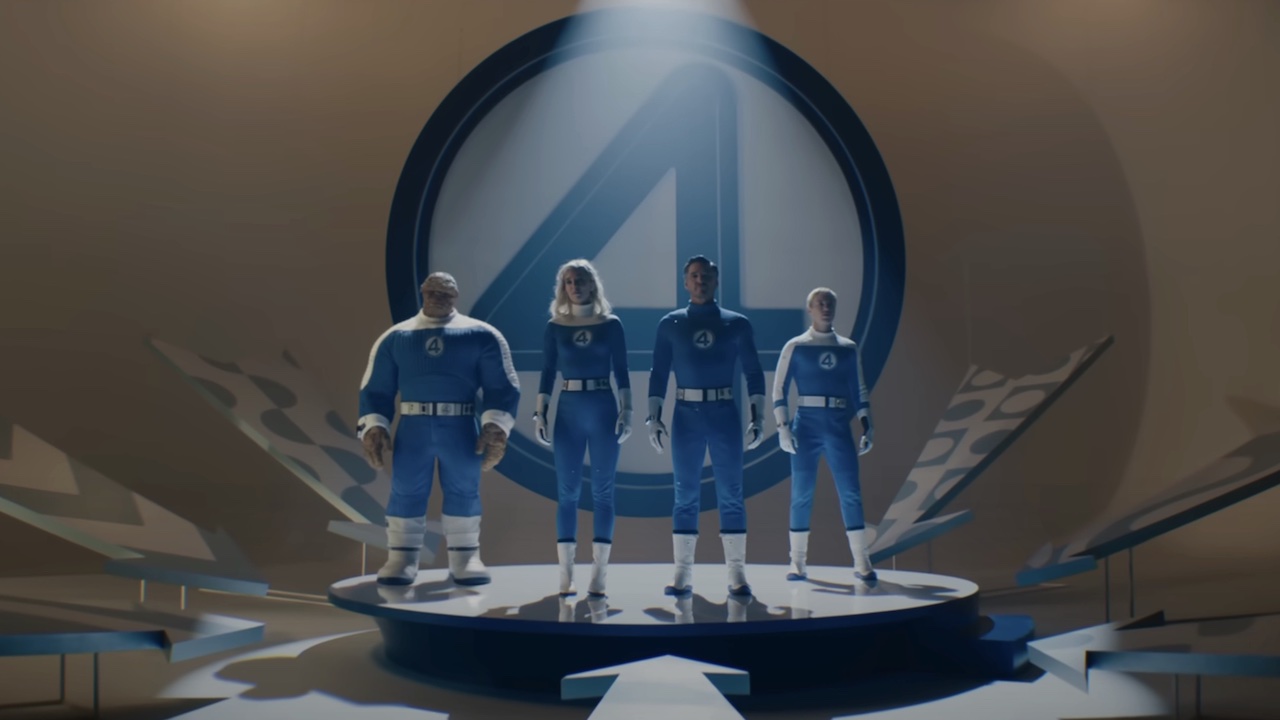Interview: Jeff Nichols And Michael Shannon Reunite As Family Men For The Haunting Take Shelter
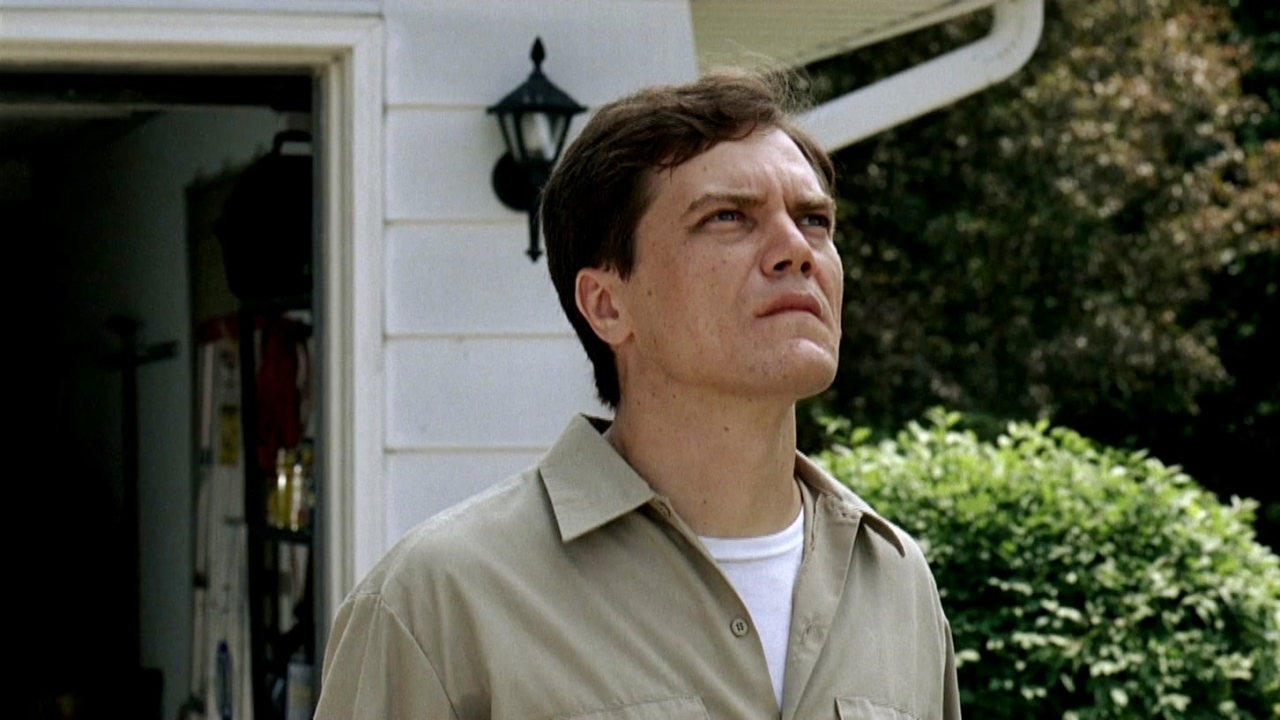
When I saw Take Shelter at the Sundance Film Festival back in January, I stepped out of the theater into a blinding snowstorm, one of the biggest snowfalls I'd seen yet at the festival. Unlike most snowstorms, though, this one seemed foreboding and apocalyptic, thanks to the terrifying and portentous storms that haunt Michael Shannon's character Curtis in Take Shelter, the beautifully wrought new film from director Jeff Nichols. Curtis is an average working-class family man in a average town who suddenly finds himself haunted by these visions, and despite all logic starts fortifying the shelter in his family's backyard, preparing for the monstrous storm that he feels certain is coming.
Back in January the storms of Take Shelter seemed like a pretty clear allegory for the financial crisis and the incredible pressure put on the shrinking middle class, but then a very strange year of weather patterns emerged, with hurricanes and earthquakes threatening New York, Missouri plagued by tornadoes, and Texas enduring a brutal heat wave and drought. When I caught up with Shannon and Nichols in September at the Toronto Film Festival, they seemed to know exactly what I mean when i said the movie seemed to have become even more relevant and prescient in the 9 months since I'd seen it.
Take a look at my interview with the two of them below, as they discuss their experience on the second film they've made together after Shotgun Stories, their similarities as new fathers, and how they'll continue their partnership even with Shannon running off to make enormous movies like Man of Steel. Take Shelter, one of the very best films of the year, opens this Friday.
You said you didn't write this part for Michael. I found that surprising.
Jeff Nichols: Everyone does. It shows how stupid I am. This was a real personal story for me. Every story you write is personal, you're drawing from yourself for any character you put in these screenplays. But Curtis more than anything, I wanted to approach it as, there's this normal guy and he's walking along one day and he's struck by this thing. How do you approach that, how do you break this down? Curtis is very pragmatic. He goes to the library and he checks this stuff out. That's a lot of me. And I didn't know on this one . I write parts for people all the time, and on this one I didn't know. But at the end of the day I happened to be friends with this amazing actor. I had his cell phone number.
Did you guys talk this over a lot before jumping into this?
Shannon: The first time I read the script was just a s a friend. As Jeff was saying, it was a very personal story for him, and he just wanted someone to read it and see if it translated. But there wasn't any money for a long time. There were a lot of people telling Jeff how much they liked his first film, but people weren't putting their money where their mouth was. It kind of came together out of the blue.
CINEMABLEND NEWSLETTER
Your Daily Blend of Entertainment News
So when you get to the set and you know that you're dealing with this personal thing, not to say that you're playing Jeff, but do you feel a responsibility in playing a character so close to the director?
Shannon: I think it happens subconsciously. Whether I focus on it or not. Sometimes I watch the movie and I see myself doing something that Jeff does, hanging my head to the side like he does. I wonder if I was subconsciously doing that. But in my conscious mind, I don't think that's ever really what Jef wanted me to do. I think it's in the writing of the piece, that personal connection. When you're visualizing it or making it, you're probably looking to create imaginary characters and distance yourself. Or rather see how the seed of that, which is personal, how that manifests in other peoples' consciousness. to see, well, do other people feel this way? Do other people have these concerns? We didn't really have to talk much about it. Me and Jeff have kind of similar situations, in that we're just starting out our families, we both just had our first child recently.
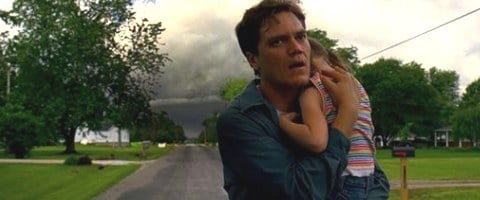
The uncertainty in this movie is tied in not just to societal concerns about the economy or the environment, but about independent film, and how you were operating in this world that suddenly had the bottom fall out for financing. And Jeff, you're part of that world no matter what as a filmmaker, but Michael, you can kind of move back and forth, making this but also doing Boardwalk Empire or Superman. Is that an imbalance that you have to kind of correct when you work together?
R Shannon: It's so unfair, isn't it Jeff.
Nichols: It is! No, I've never really looked at it that way. The process of making an independent film is very, very hard, but there has to be something about it that I enjoy, because I keep doing it. But it's really gratifying to see these things come together and to be able to be alone in a room writing a script, and then share that and collaborate with a big, big group of people, and it spreads this idea out and gives a little piece of it to a lot of people. Then it comes back together in the editing room, and to be able to go through that process and present it and have it make any sense at all, or translate any feeling or thought, that is a really exciting thing. And that happens in independent film and I guess maybe in studio films too.
Do you feel like it happens less in studio films?
Nichols: I don't know, I've never had the experience. Hopefully one day somebody will pay me a lot of money to do exactly what I'm doing. And Michael, do you like the freedom of being able to do both kinds of films?
Shannon: It's something to consider, because over the years there have been projects-- and I'm not going to name any of them-- but there have been situations where there was a project I really wanted to do, a part i really wanted to play, and because I wasn't an established enough name, I wasn't able to do them. And that's the cold reality of the business. I try not to think about it in mercenary terms. I try to resist that temptation. At the end of the day, whether I'm doing studio films or a low-budget picture or doing some play in the basement of a coffeehouse somewhere like I used to, I just love to do what I do. I never feel likeI 'm going through the motions to improve my business position.
Since the movie premiered at Sundance, it's started feeling even more prescient, with the way the economy has been going and even the weather. People seem to be connecting to it even more than they were. Has it surprised you the extent to which that happens?
Nichols: It would be more humble to say I'm surprised, but you know, people have these weights on their shoulders year-round, every year, and they will in 10 years, they will in 15 years. That doesn't mean our film will be relevant that long, but the topic is not one that's tied to a particular storm and a particular event. I don't think they're nervous just because it's hurricane season. They're nervous because whenever you start to put your life together, you start to fear the possibility of losing what you're putting together. That's the main conclusion I came to writing this story. Anxiety, no matter how free-floating it feels, it's all rooted in the idea that you have something to lose.
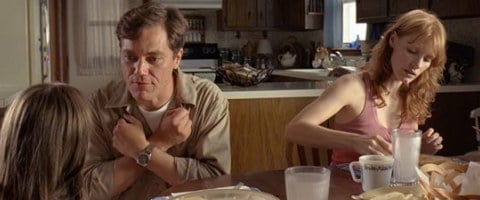
Does making something like help either of you work out feelings like that?
Shannon: I don't know. I don't think I got it all out of my system. I don't think you can rely on your work as therapy. Your work and your life are pretty separate. You express feelings and thoughts you have about life through your work, but I don't think your work every fixes anything. It's not like after you finish the movie you don't have the problems.
Nichols: If anything it's escapist. I just basically pull the parachute and jump out of my life for two months [to make a movie]. That's what I'm realizing more and more, there is no one thing. My grandmother always thinks that Armageddon is around the corner, and it's a really arrogant point of view-- and yes I just called my grandma arrogant. It's because everybody wants to think they're going to be here when the rocket ship comes and takes us away, and it's not true. This is going to keep going for a really long time. The conclusion that I draw from that is, alright, there's always going to be anxiety, ad there's always going to be fear, so we have to figure out how to be productive in the midst of it. Which is not what the movie's about. But that's how I work through it. The movie is more about how you have to rely on the people around you to get through this stuff.
Now that you've worked together twice, do you see this as a long-term collaboration?
Shannon: As long as he keeps paying me more each time i work with him. It's called the double up.
Nichols: Here's what I promise-- I'll keep writing stuff for Mike and giving it to him.
Staff Writer at CinemaBlend

